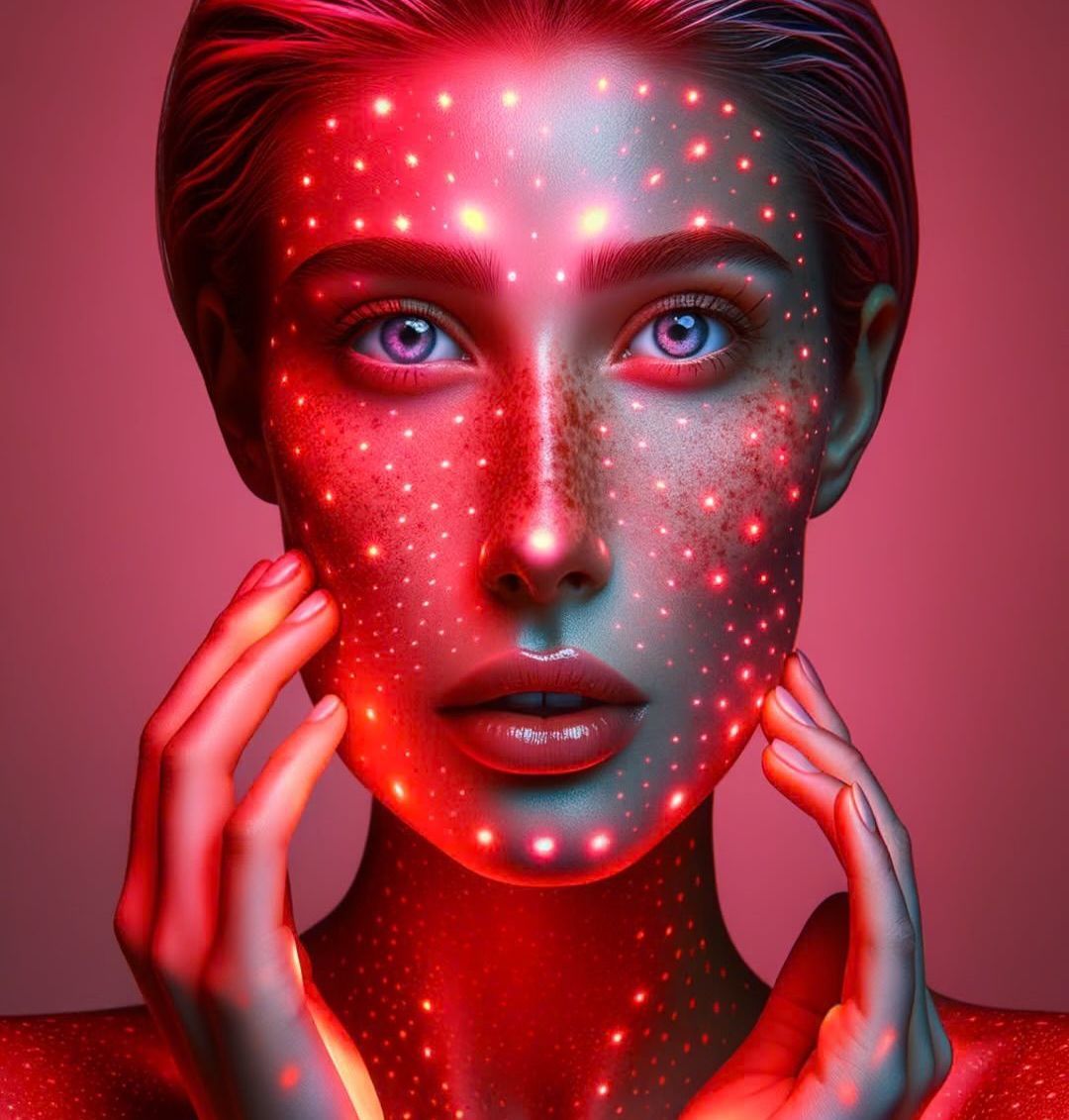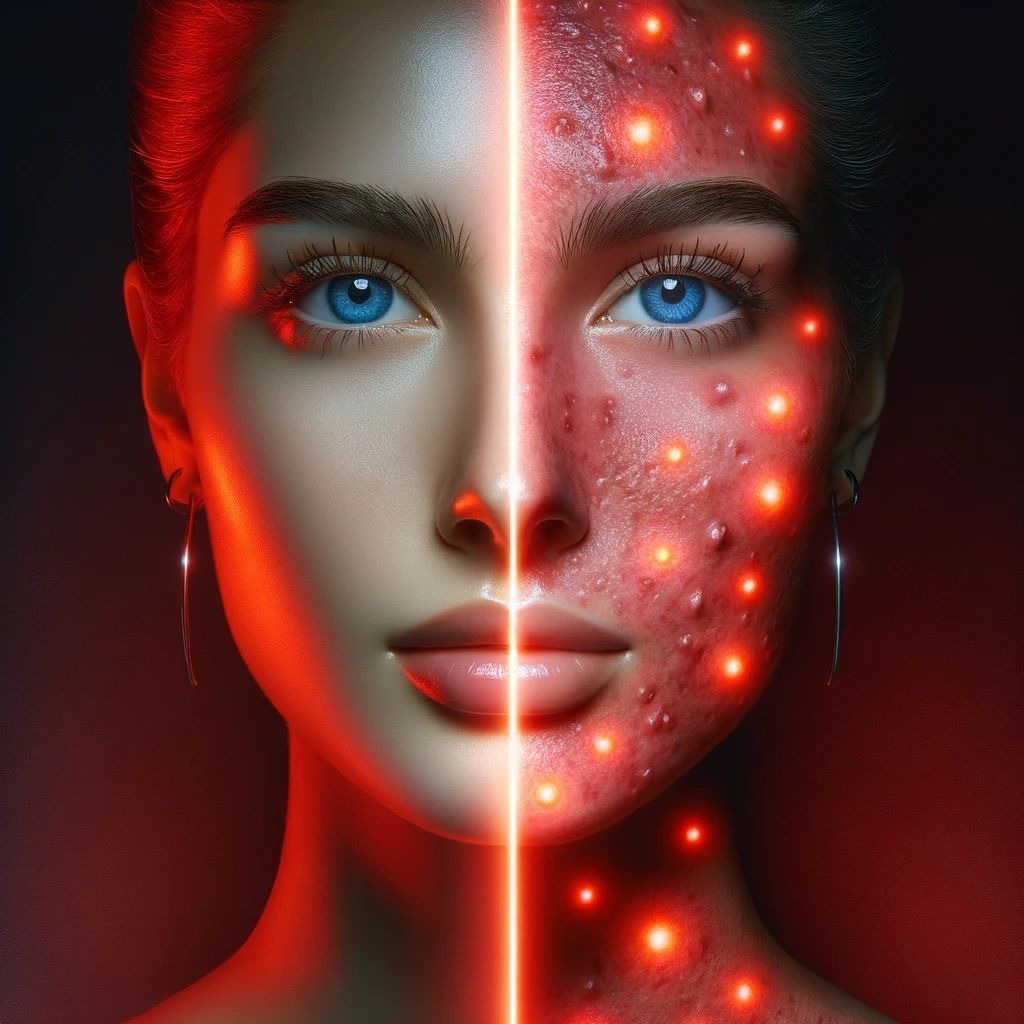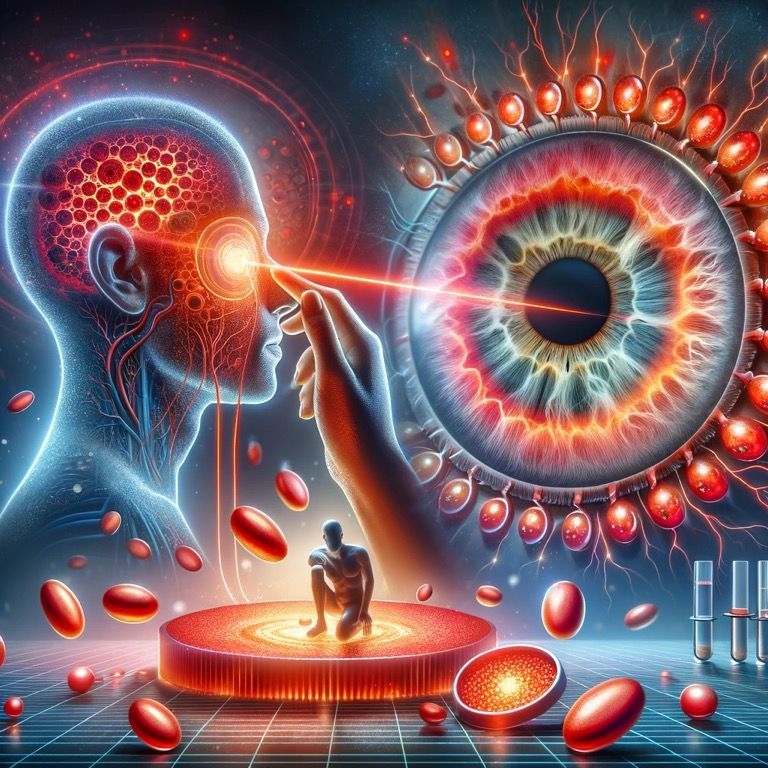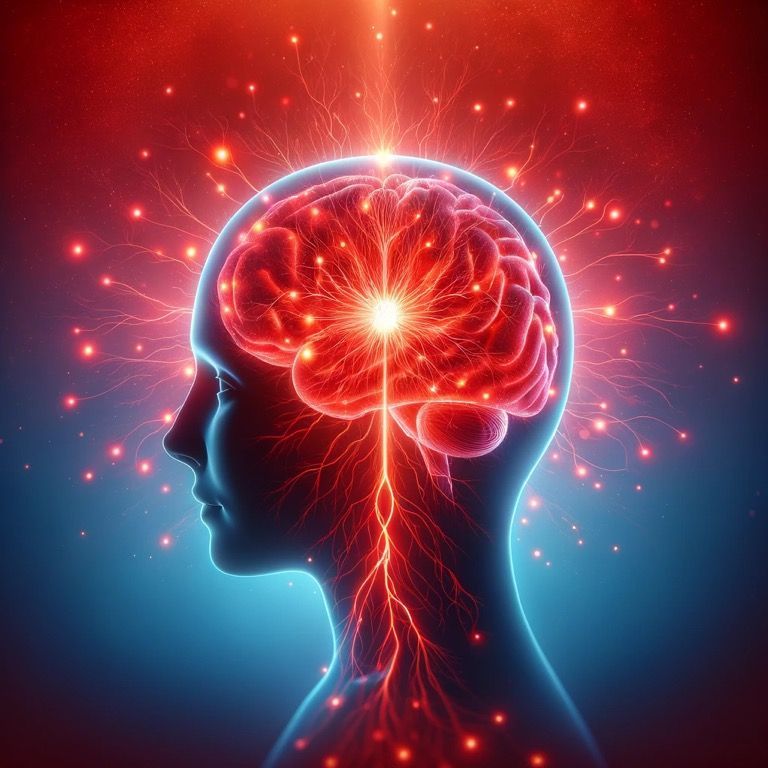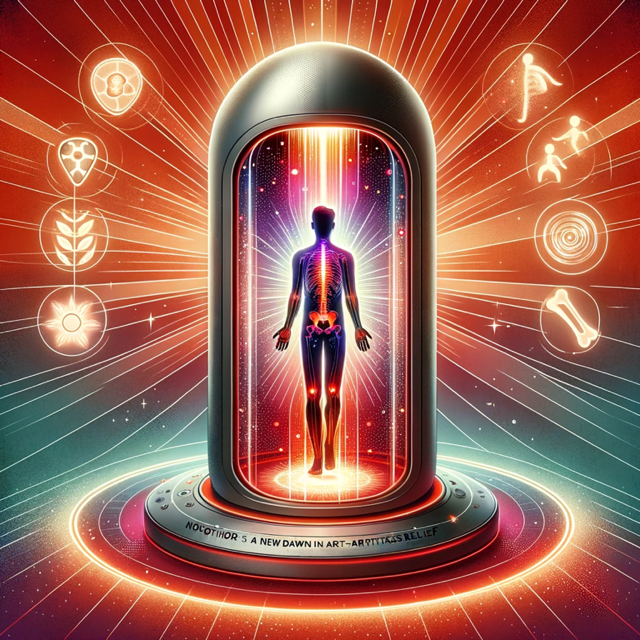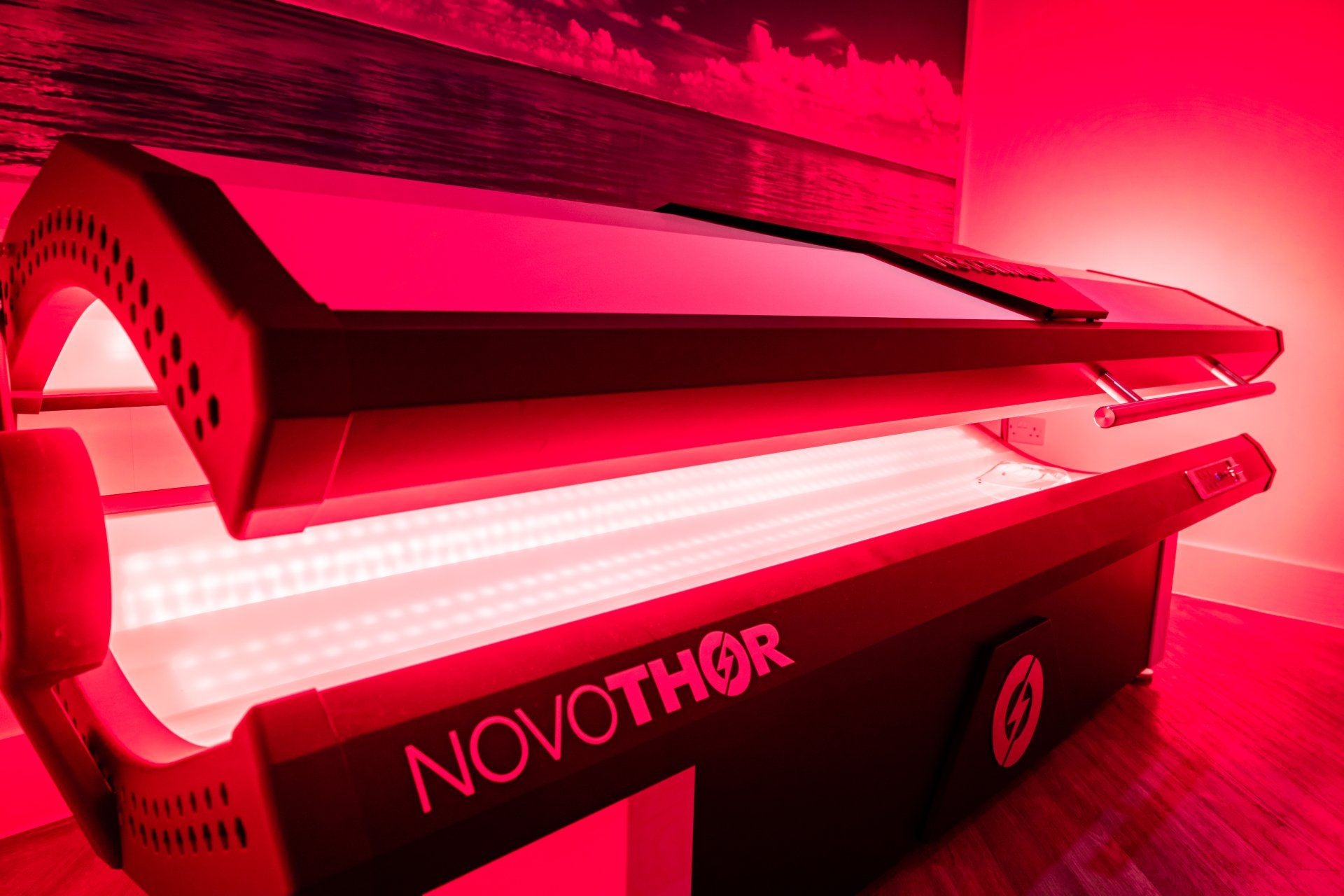Sleep Health
Poor Sleep is a big problem.
Too many people don't get good quality, continuous sleep. The pattern of poor sleep can become so regular that people forget that they are fatigued because they no longer remember what it is like to wake up refreshed, full of energy and ready to take on the world.
A good night's sleep can give you a new lease on life.
How lack of sleep damages the body
Your sleep is all about repair, regeneration, regrowth and detoxification. The body is performing lots of functional processes when we sleep. If you don't sleep enough, those processes get interrupted and become inefficient.
Cognitive Decline
People who sleep less than 7 hours a night are more at risk of developing Alzheimer's and dementia. Many patients I see have been very successful in their careers but got too used to burning the candle at both ends, sleeping four to five hours a night and working very stressful jobs.
The lymphatic system is a microscopic waste clearance system, draining waste proteins and metabolic products away from the brain. Efficient brain waste clearance is essential in preventing cognitive decline and promoting a healthy ageing process.
If you don't sleep for long enough, your lymphatic system has less time to remove the toxins from your brain. This may be the cause of the brain fog you feel after not sleeping for long enough.
Damage to the body.
Your cells and tissues grow and repair overnight. When we don't sleep enough, every aspect of our body is affected.
The central nervous system relies on sleep to keep it functioning correctly. While we sleep, pathways between our neurons help us remember the information we have learned. Not sleeping enough for long periods can start to affect how the body processes and sends information. We begin to recall less and decision making and creativity can all be reduced.
Your immune system is compromised when you don't sleep enough. When we sleep, we build up efficiency to produce protective, infection-fighting antibodies and cytokines. These help your body to fight off viruses.
When we don't get enough sleep, our immune system begins to work inefficiently, and we become more likely to get ill and take longer to recover from the illness.
The digestive system is greatly affected by sleep. A three-year study showed that people who sleep less than five hours a night are more likely to gain weight and become obese.
Sleep affects the levels of two hormones in the body; leptin and ghrelin. These hormones control when you feel hungry and full. When you don't sleep enough, your brain increases levels of ghrelin, making you feel hungrier.
Cardiovascular health is also affected by your sleep. The processes that keep your heart and blood vessels healthy and recovery from inflammation depend on your sleep. Acute inflammation in small doses is beneficial for healing, however, too much inflammation over a longer period of time is like poison to the body. If you aren't sleeping enough, your body cannot get rid of your inflammatory load, your energy is affected, and you become at much higher risk of developing cardiovascular issues.
General Mood relies on sleep. For fourteen to fifteen hours a day, we are bombarded with information. Our phones are buzzing, the TV is blaring, and work emails are continuously pinging. The brain takes all this information and files it away as we sleep. Without enough sleep, your mind remains cluttered, and your mood is affected.
Red Light, Melatonin and Sleep
Red light stimulates the natural production of melatonin.
Melatonin is a hormone made by the pineal gland that regulates your body's circadian cycle when you sleep and wake. When your natural melatonin production is working best, you will naturally have a deeper, more restful night's sleep.
Melatonin isn't just for sleep. It aids your mitochondria, your energy-producing cells. Harmful chemicals build up in your body because of stress, poor diet and other factors; melatonin gives these energy-producing cells a level of protection to help you keep feeling alert and full of energy.
We always recommend using red light therapy over a melatonin supplement. Anything your body produces naturally is regulated to your own needs. Doses of melatonin supplements tend to be too high. Your body will typically create 0.5mg a day, and a supplement will usually be a dose of up to 5mg.
Red light therapy has other benefits that can help your sleep. Red light improves your circulation, which in turn improves your body's ability to detoxify. Your tissues become more oxygenated, making them better at cleaning, fueling and functioning.
With Red Light Therapy, your sleep can improve, and your body can return to working at its optimal levels, giving you a vitalised and fresh start to every day.
